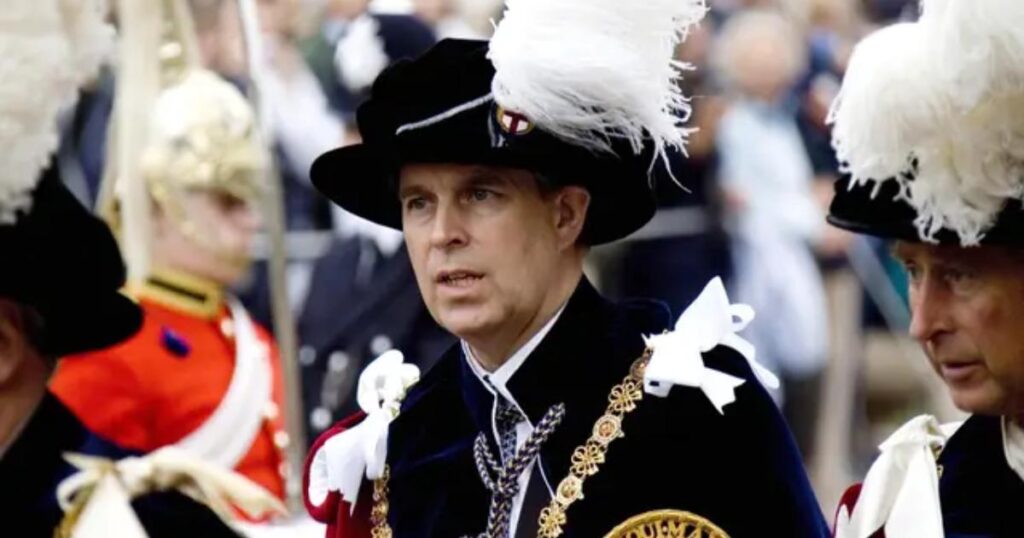The move follows ongoing controversy linked to his past association with convicted sex offender Jeffrey Epstein, and allegations made against him in Virginia Giuffre’s memoir, which was published on Tuesday (October 21).
Andrew has consistently denied all allegations against him.
In a statement, Andrew said he had agreed with his brother, King Charles III, that continuing to use his titles would distract from the Royal Family’s work.
He will no longer use the title Duke of York or the honours that came with it, such as his knighthoods in royal orders.
However, he still legally holds the Duke of York title, because only Parliament can formally remove a peerage.
Should Prince Andrew be formally stripped of his Duke of York title? Vote in our Your Local Guardian poll.
Some MPs, including York Central’s Rachael Maskell, have called for the government to take that step and strip him of the title entirely.
Maskell told BBC Radio 4’s Today programme: “I didn’t come into parliament to discuss princes and princesses.
“But a simple clause could be added to a constitutional bill or a private member’s bill; it would take very little time at all but would give increased powers to the monarch to be able to have those duties into the future.
“We have seen the pain, heard the pain and are learning more from victims and survivors.
“I think as a result of that, it would be appropriate to have legislation in place for this occurrence.”
Andrew was born in 1960 as the third child and second son to Queen Elizabeth II and Prince Philip, and he remains a prince by birth.
He is still eighth in line to the throne, though he no longer performs royal duties and has lived largely out of the public eye since his BBC Newsnight interview in 2019.




